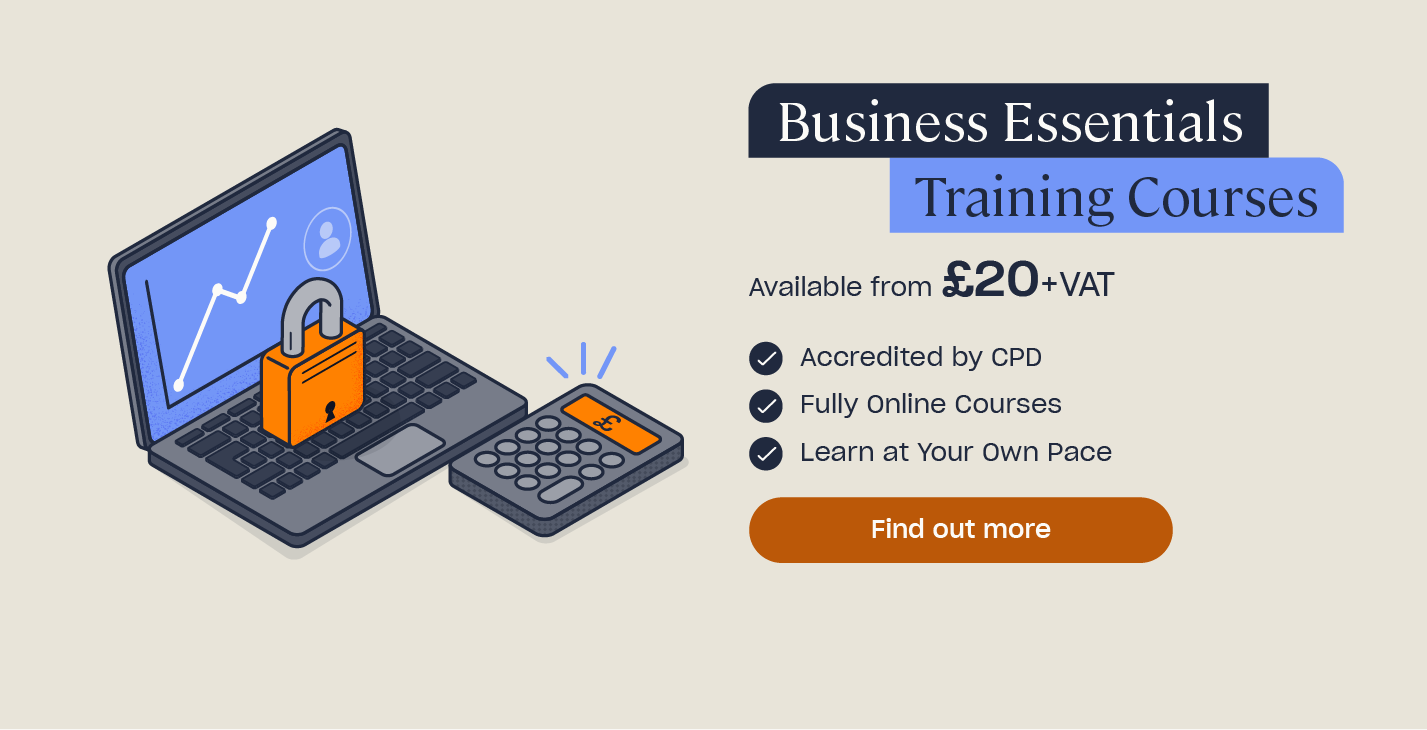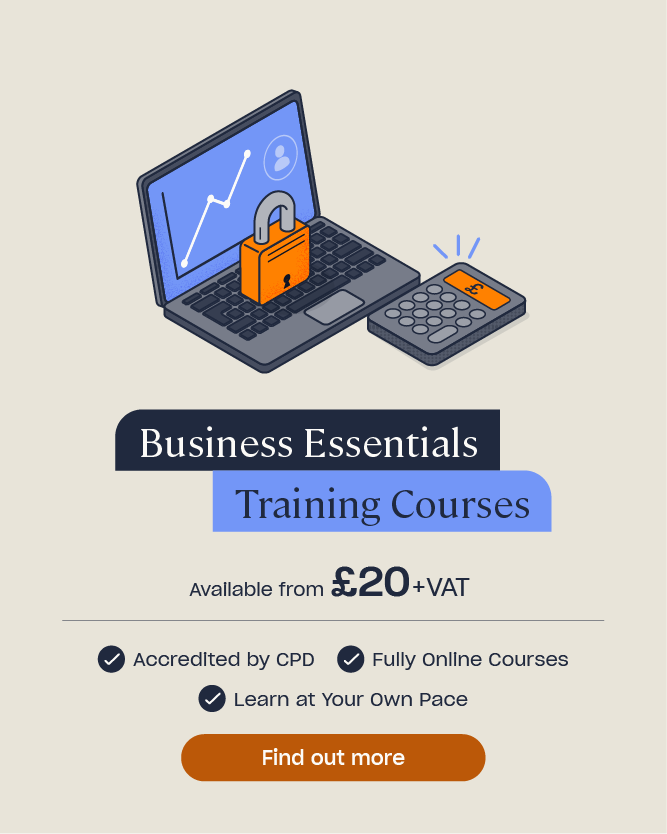Hard Skills in the Workplace
Hard skills are essential for all roles in all workplaces – without them, you simply cannot perform your job correctly, safely or efficiently. When applying for a role, whether you’re a professional looking for a new job or a school leaver looking to enter the workforce for the first time, job adverts will specify a list of must-have skills and qualifications. These are your hard skills.
In this article, we’ll look at what hard skills in the workplace are, outline the top hard skills that employers often ask for and help you learn more about how to enhance your hard skills as part of your continuing professional development.
What are Hard Skills in the Workplace?
Hard skills are the technical proficiencies you need to perform a particular job role. Without hard skills, you’d be unable or unqualified to do the job in question. For example, a hospital doctor must have hard skills in biology and a degree in medicine, whilst a carpenter must have hard skills in woodwork and the ability to install cabinets.
Hard skills are obtained through education, training or hands-on experience and are practical skills that you can physically prove, such as with a certificate, qualification or demonstration. Employers will require you to have particular hard skills for particular roles in order to perform the tasks needed.
Soft skills, on the other hand, are your non-technical skills and abilities, personal qualities, workplace behaviours and personality traits. Unlike hard skills, soft skills aren’t quantifiable. You can find out more about soft skills with our article: Soft Skills in the Workplace.

The Importance of Hard Skills
Hard skills are important because, without them, you wouldn’t be able to perform your job role proficiently or safely. Hard skills are vital for ensuring you are capable of carrying out a role.
For employers and hiring managers, hard skills show that you are qualified for a particular job. Without the necessary hard skills, you’re unlikely to be considered as a candidate when responding to a job ad.
To prove your hard skills to an employer, gather together your certificates and qualifications to use as evidence of your training and knowledge. If your hard skills have been learnt from practical, hands-on experience, then ensure you’re able to demonstrate your abilities, either through a demonstration, links to past work experience or a training certificate. Make sure your hard skills are highlighted on your CV and cover letter when applying for a role.

Top Hard Skills Employers Look For
The popularity and need for specific hard skills changes over time: in the past, it was vital to have a hands-on ‘trade’ to set you up for life whereas, in today’s job market, the focus is much more on computer skills, your ability to use technology and marketing. Here are 30 examples of hard skills employers look for at the moment:
- Accounting.
- Advanced first aid.
- Basic life support.
- Budget management.
- Business development.
- Computer programming.
- Computer software knowledge.
- Copywriting.
- Customer relationship management (CRM) software.
- Customer service skills.
- Cyber security.
- Data analysis.
- Design.
- Digital marketing.
- Engineering.
- Finance.
- Financial analysis.
- Foreign languages.
- Graphic design.
- Management skills.
- Marketing.
- Project management.
- Recruitment.
- Sales experience.
- Sales management.
- Search engine optimisation (SEO).
- Social media skills.
- Social media marketing.
- Software development.
- User experience (UX).

The modern world has a big focus on technology and this is subject to constant change and upgrade, so being digitally literate is essential for obtaining a new job role, no matter the industry you work in. Employers often want candidates to be fluent in specific technologies and software, so provable hard skills in any of the following areas would be highly sought after:
- Amazon Web Services (AWS).
- Atlassian JIRA.
- HTML.
- JavaScript.
- Linux.
- Microsoft Access.
- Microsoft Azure.
- Microsoft Office (such as Excel).
- Oracle Java.
- Python.
- System Applications and Products (SAP).
- Structured Query Language (SQL).
Of course, this list of technologies is not exhaustive and there are many more – take a look at the companies relevant to you and see which ones they require.
How to Develop Hard Skills
Everyone has the ability to develop hard skills if they put in the work, have a growth mindset and dedicate themselves to learning. There are various ways that you can develop hard skills, such as:
- Online training courses – obtaining a certificate from an e-learning course shows you are proficient in a particular subject. There’s no limit to how many online course certificates you can obtain.
- In-person training courses – proficiency can also be shown via a certificate from an in-person training course, which will also include hands-on experience.
- University degrees – there’s an endless range of degree topics you can choose to study, some more job-specific than others. Some of the UK’s most popular degrees include medicine, law, engineering, computer science and business management.
- College courses – colleges are a great place to obtain hard skills qualifications, especially if there’s a particular course or diploma you want to work towards in order to apply for a specific job role.
- Apprenticeships – apprenticeships are ideal for learning hard skills as they are usually hands-on placements in real-life workplaces.
- Work experience – taking up some voluntary work experience is a great way to bolster your CV and demonstrate that you can use your hard skills in a real-life working environment.
- Self-taught education – whether you choose to study with online articles, YouTube videos or library books, there are many ways to teach yourself hard skills without the need to attend a training course.
Hard Skills Training
Obtaining a certificate from an online training course is a great way to prove your hard skills to future employers. Take a look at some of our most popular online courses via the links below and start developing your hard skills today:
Health & Safety:
Food Hygiene:
- Level 1
- Level 2 for Catering
- Level 2 for Manufacturing
- Level 2 for Retail
- Level 3 for Catering
- Level 3 for Manufacturing
- Level 3 for Retail
Safeguarding Children:
Safeguarding Adults:
Looking for More?
If you’ve not found what you’re looking for in the courses listed above, then take a look at our full range of online training courses and see which topics catch your eye. You could have a new hard skills certificate for your CV by the end of today!
Hard skills are essential in order to carry out a job role safely, effectively and efficiently. Employers will always look at your hard skills on your CV as they’re essential criteria for work so, if you feel that your hard skills are lacking, look to develop them with further study and a growth mindset.
Further Resources:
- Business Essentials landing page.
- What is CPD? A Guide to Continuing Professional Development
- Transferable Skills: What Are They and Why Are They Important?











